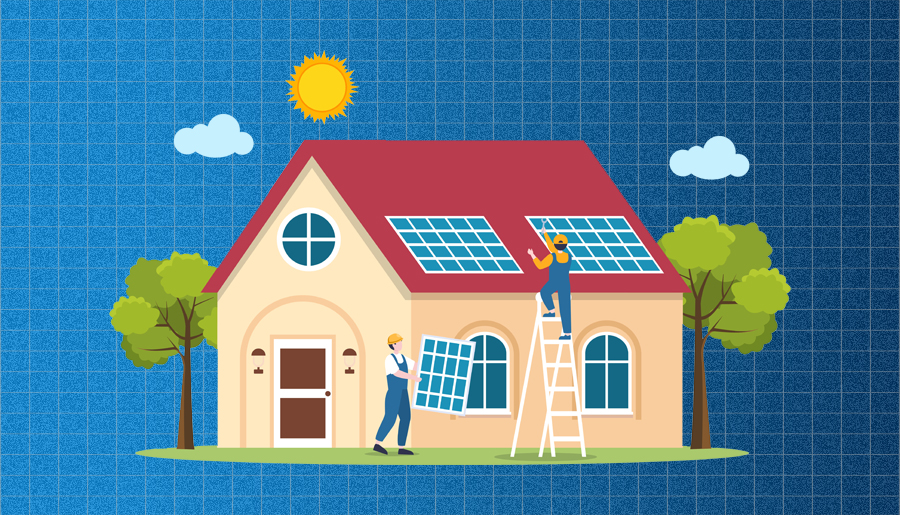If you’ve just returned home from a ten-year meditation retreat, then oh boy, do have some news for you. First off, Arnott’s has created salted caramel Tim Tams, and they’ve taken over my life. Secondly, Australia’s energy prices are currently through the roof and in the outer stratosphere.
This bad situation came about because electricity is a bit scarce at the moment. This year, around 25% of coal-fired power plants have been offline thanks to repairs and maintenance. These switch-offs have created a gap, and this gap is currently being filled by super-expensive gas. Hence, all of our power bills have been more painful than usual.
What’s more, the price of electricity is predicted to go up by another 20% this financial year. Moreover, it’s expected to skyrocket a further 30% the year after.
This situation has left many Australians considering if they should switch to using solar panels. According to a survey of 1010 Australians conducted by Money.com.au, 72% of respondents would consider upgrading their homes if it reduced their energy bills. Additionally, 21% said that if it made financial sense, they would switch over to solar.
Another survey of 1010 individuals came to the same conclusion: Solar panels might be on the rise. According to Finder, 15% of their own interviewees said that they were considering getting solar panels to reduce their energy bills. Furthermore, 28% said that they already had solar, and another 6% said they were thinking about getting solar before the energy crisis even happened.
Related: What Would Happen If We All Just Refused to Pay Our Energy Bills?
Related: Live in NSW? You Can Save $9,000 on Your Energy Bills Using the Energy Savings Scheme
A spokesperson for Money.com.au, Helen Baker, reckons that solar panels should be embraced by more Australians and are a good fit for many households.
“I have worked with clients who have seen their quarterly energy bills fall to two digits,” said Baker.
“Installing solar panels can also increase the value of a property, making it a worthwhile upgrade for those considering selling their home.”
Meanwhile, Mariam Gabaji, the editor for utilities at Finder, said, “If your solar system generates more energy than you consume, you can effectively sell this excess electricity back to the grid to earn a profit.”
Likewise, it’s worth noting that both Baker and Gabaji mentioned the fact that some states offer its residents solar rebates and other solar-based schemes.
As Baker said, “Government rebates are available for solar panel installation. For instance, the Victorian Government offers a rebate of up to $1400 for solar panel installation, while the NSW Government has a scheme for eligible, low-income households to access a free three-kilowatt system.”
And Gabaji made this point: “There are also companies offering repayment plans to help you stagger the cost of your solar installation in case you’re not eligible for a rebate or concession.”
So, with all of this in mind, will 2023 be the year of the solar panel? Whelp, while there’s been a tad more interest in this tech and some tempting dealos around, nothing has been set in stone. For now, a solar trend could boom or never pick up enough traction. The future’s in Australia’s coal-covered hands.
Read more stories from The Latch and subscribe to our email newsletter.







